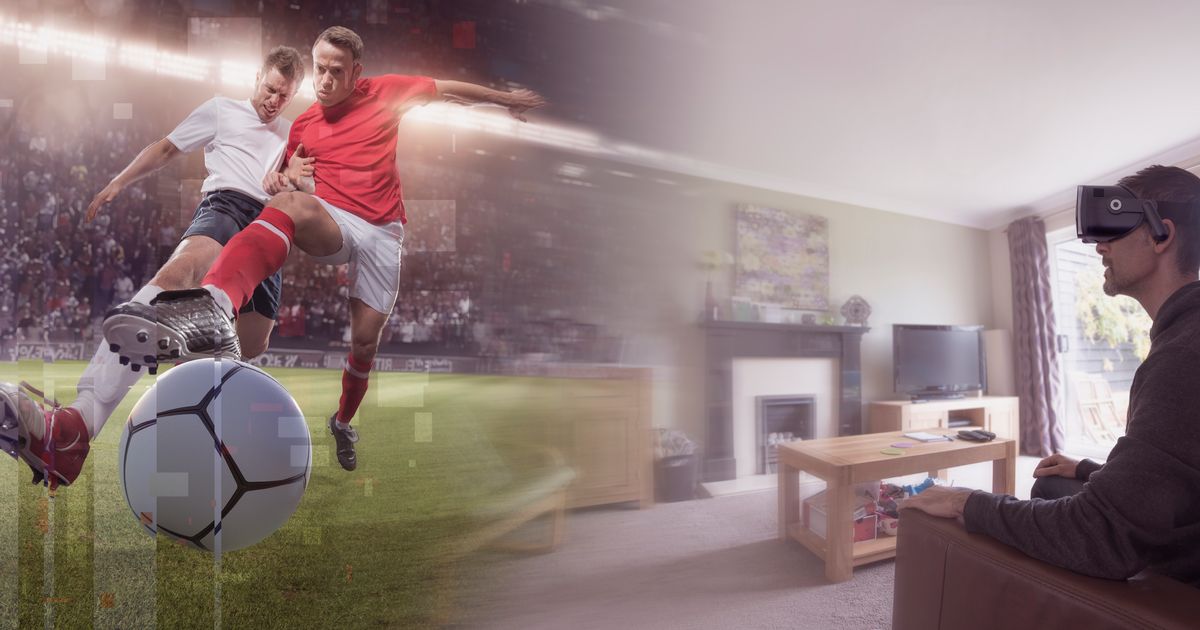Innovative 5G technology is revolutionizing the sports experience for fans in stadiums. It is predicted that the roll-out of 5G could lead to significant financial gains, with the potential to boost food and drinks revenue at stadiums. Economic modeling commissioned by Vodafone and carried out by Development Economics suggests that the introduction of 5G could result in hefty additional revenues at both rugby and football stadiums.
The use of 5G technologies for more efficient food and drink sales is expected to increase refreshments revenue per fixture by an impressive 42%, while also improving the overall quality of the offerings. Additionally, 5G technology will enable fans to pre-order half-time snacks and drinks, significantly reducing wait times and allowing vendors to serve customers more quickly. This enhanced efficiency could also facilitate personalized food choices to cater to dietary needs and ensure that supplies never run out, thanks to the implementation of a 5G-enabled Internet of Things (IoT).
The modeling further reveals that the integration of 5G-powered technologies can significantly enhance the match day experience for sports fans. For instance, the use of VR headsets in fan zones, powered by a dedicated slice of 5G, will provide fans with an immersive, real-time viewing experience, even when the game is sold out. The technology will enable fans to select their own camera angle and access live match stats, further adding to the match day economy.
5G technology is also set to have a substantial impact on transportation to stadiums, with the potential to reduce train delays thanks to 5G-powered sensors on trains and railways. This could save train passengers an estimated total of 170,000 hours, ensuring a smoother journey to the stadiums. Looking ahead, the use of 5G connectivity is not limited to professional sports venues.
It could also benefit grassroots sports clubs, enabling access to professional coaching and fostering inclusivity for fans. For instance, 5G-powered headsets have been trialed to provide visually-impaired fans with an enhanced live sports experience, demonstrating the potential for greater inclusion in sports spectating. Max Taylor, CEO at Vodafone UK, emphasized the potential of 5G to unlock growth for the UK economy, citing potential additional revenues and efficiencies, along with environmental benefits, in the form of reduced carbon emissions.
The integration of 5G, IoT, and AI could lead to smarter energy usage, significantly reducing carbon emissions associated with stadium operations. In summary, the integration of 5G technology is poised to transform the sports experience for fans, resulting in financial gains, improved efficiency, and enhanced inclusivity across professional and grassroots sports venues.


